INTRODUCTION
THYROX 100MCG contain Levothyroxine sodium which is a synthetic thyroid hormone and is chemically identical to thyroxine produced by the thyroid gland. Treatment with levothyroxine sodium helps in replacing missing thyroid hormone and in all forms of underactive thyroid function (hypothyroidism) or after the removal of the thyroid gland. Thyroid hormone is vital for the normal growth and development. Lack of right amount of thyroid hormones leads to slowing down in natural functions of our body. Hypothyroidism is a condition where enough thyroid hormone required are not produced by the body. Some of the most common symptoms of hypothyroidism are tiredness, weight gain and feeling depressed. It helps in replacing the thyroxine that your thyroid gland cannot produce and prevent the symptoms of hypothyroidism.
Always take THYROX 100MCG exactly as prescribed by your doctor. Before taking this medicine tell your doctor if you have ever had kidney disease, heart disease, or pancreas problems. Pregnant and breastfeeding women should consult their doctor before taking this medicine. The most common side effects such as restlessness, insomnia, diarrhea, changes in menstrual cycle in women etc.
USES OF THYROX 100MCG
- Helps in replacing the thyroxine that your thyroid gland cannot produce and prevent the symptoms of hypothyroidism
HOW THYROX 100MCG WORKS
Levothyroxine sodium is a synthetic thyroid hormone which is identical to natural occurring thyroid hormone thyroxine or T4, produced by the thyroid gland. Thyroxine regulates the production of another hormone called thyroid stimulating hormone (TSH) which in turn controls how much thyroxine is produced. Levothyroxine sodium regulates TSH production in the same way and therefore, substitutes for a lack of endogenous thyroxine (produced by the thyroid gland).
DIRECTIONS FOR USE
Always take THYROX 100MCG exactly as prescribed by your doctor. Do not split, chew or crush this medicine. Swallow the medicine whole.
SIDE EFFECTS OF THYROX 100MCG
SERIOUS
- Sudden wheeziness, difficulty breathing, swelling of eyelids, face or lips, rash or itching
- Swelling of face, tongue, lips and throat
- Difficulty breathing
- Severe itching skin with raised lumps, joint pain, sensitivity to the sun, general feeling of being unwell
COMMON
- Angina pain (pain in the chest, particularly when taking exercise e.g. walking up hill)
- Fever
- Intolerance to heat
- Mild hair loss seen in children
- In women-changes to your periods
- Irregular heart beats
- Palpitations (loud, thumping heartbeat)
- Muscle cramps or weakness
- Rapid heartbeat
- Diarrhea and vomiting
- Tremor (shaking)
- Restlessness, excitability
- Insomnia, headache, flushing, sweating
- Loss of weight
- Rash, itching, oedema (fluid retention)
- Osteoporosis (bone loss)
HOW TO MANAGE SIDE EFFECTS
Vomiting:
Keep try taking this medicine with, or just after, a meal or snack and stick to simple meals and do not eat rich or spicy food.
Diarrhea:
Drink lots of fluid, such as water or squash, to avoid dehydration. Do not take any other medicines without consulting your doctor.
Headache:
Take rest and drink plenty of fluids. Apply a cold, wet cloth or ice pack to your forehead. Rest in a quiet, comfortable, dark room.
Joint pain:
Apply hot or cold packs. Eat a healthy diet includes enough calcium and vitamin D. Maintain healthy weight to ease stress and strain on your joints. Exercise regularly.
WARNING & PRECAUTIONS
PREGNANCY
THYROX 100MCG is not recommended for use in pregnant women unless necessary. Discuss the risks and benefits with your doctor.
BREASTFEEDING
THYROX 100MCG is not recommended for use in breastfeeding women unless necessary. Discuss the risks and benefits with your doctor.
ALCOHOL
Consumption of alcohol is not recommended during treatment with this medicine.
KIDNEY
THYROX 100MCG should be taken with caution in patients with severe kidney disease. Consult your doctor for advice.
LIVER
THYROX 100MCG should be taken with caution in patients with severe liver disease. Consult your doctor for advice.
ALLERGY
Do not take this medicine if you are allergic (hypersensitive) to this medicine or any other ingredients in this medicine.
HEART DISEASE
THYROX 100MCG should be taken with caution in patients with severe heart disease. Consult your doctor for advice.
INTERACTIONS
Tell your doctor if you are taking or recently taken any other medicines, including medicines obtained without a prescription or the following:
- Medicines to treat diabetes
- Anticoagulants such as warfarin, dicoumarol (used to thin the blood)
- Amiodarone (used to treat some heart conditions)
- Aspirin
- Medicines containing oestrogen (e.g. used for hormone replacement therapy or oral contraceptives)
- Antidepressants (e.g. sertraline and tricyclic antidepressants such as amitriptyline, imipramine)
- Chloroquine and proguanil (used in malaria and rheumatic diseases)
- 5-fluouracil, imatinib and sunitinib (used for the treatment of cancer)
- Medicines control your heart rate such as digoxin
- Medicines that stimulate the sympathetic nervous system such as adrenaline
- Carbamazepine, phenytoin or barbiturates (used to treat epilepsy or seizures)

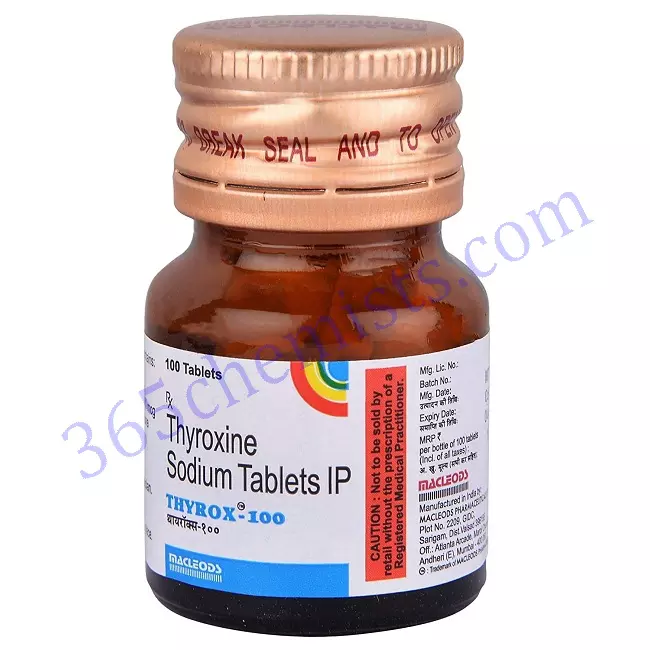

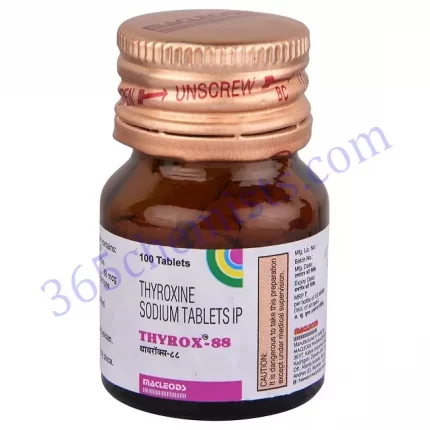
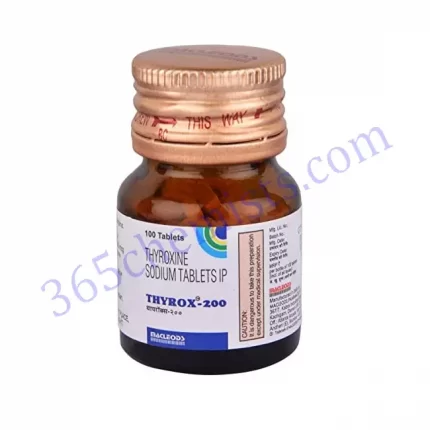

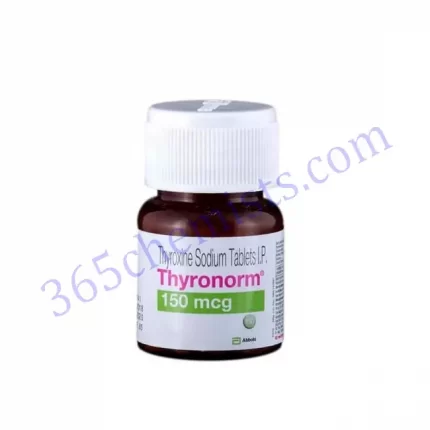
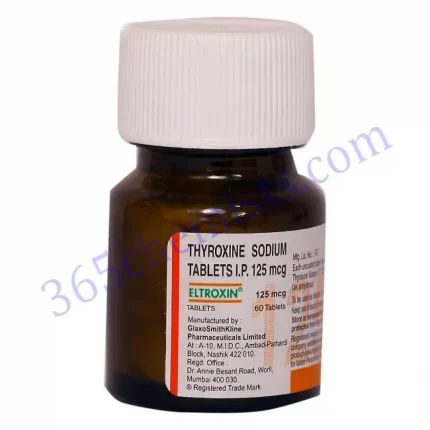

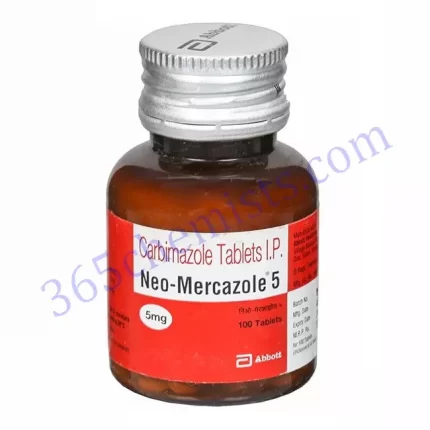
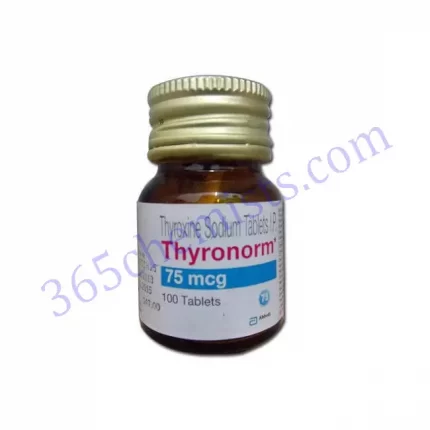
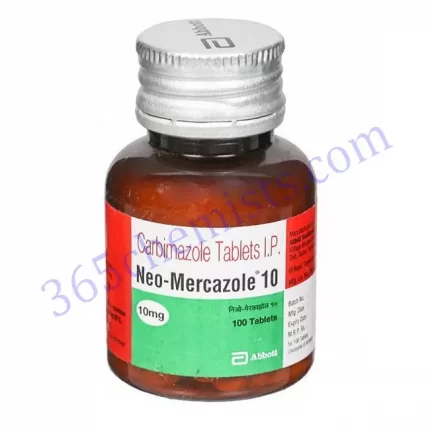
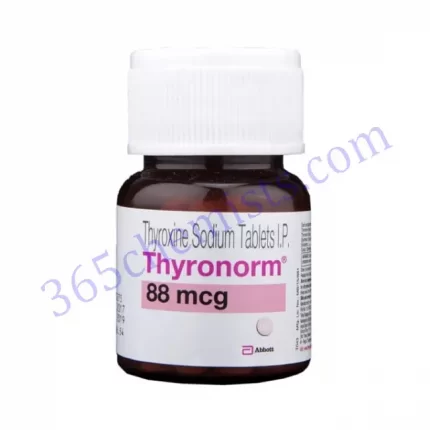
Reviews
There are no reviews yet.